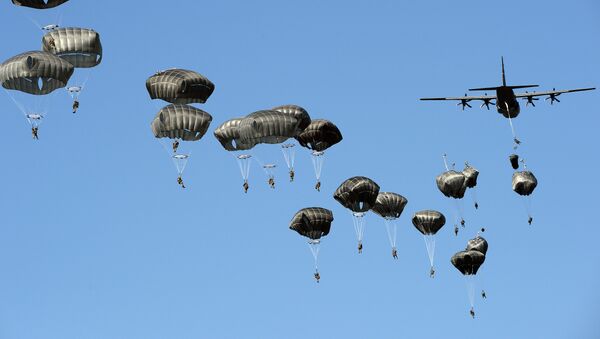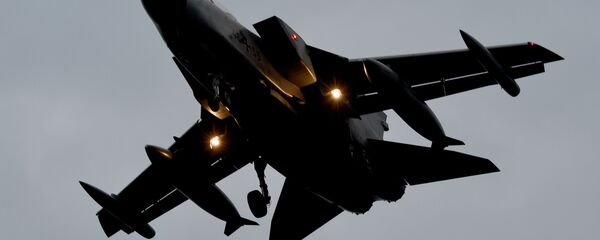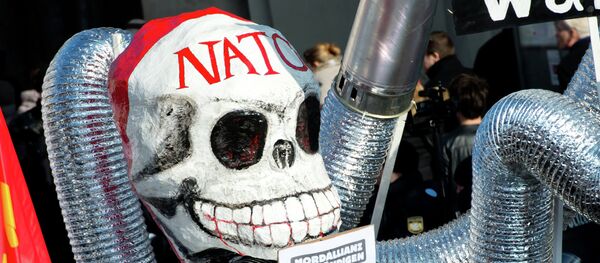"Endless war-games and rotational deployments essentially amount to permanent military presence. NATO is testing a drastic military buildup. We have witnessed the alliance deploy expeditionary forces and assault troops to Eastern Europe. These are offensive, not defensive forces. What we have seen is only the tip of the iceberg," Ermakov said.
The North Atlantic Alliance has pledged to refrain from deploying substantial forces along the NATO-Russia border on a permanent basis, but has been increasingly active in the region. The bloc approved its largest military buildup in Eastern Europe and the Baltics since the end of the Cold War at the 2016 Warsaw summit, a development viewed with deep concern in Moscow.
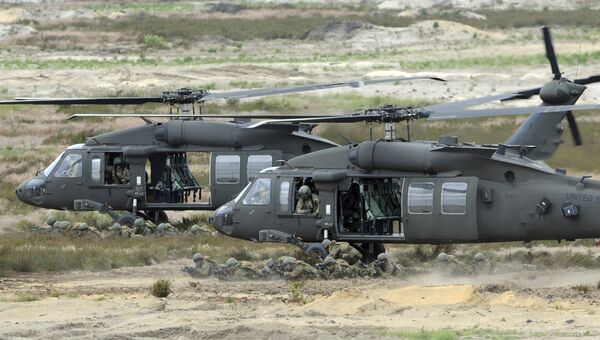
Ermakov further explained that forces of NATO's European members are not as lethal as they might seem.
"On paper this is a force exceeding Russia's [military] potential by several times. But it lacks real combat power. This is why Americans need to be everywhere. The US was forced to boost US European Command's budget," he said.
Earlier this year, the Pentagon requested $3.4bn for its operations in Europe in 2017, a four-time increase compared to its $789-million budget this year.
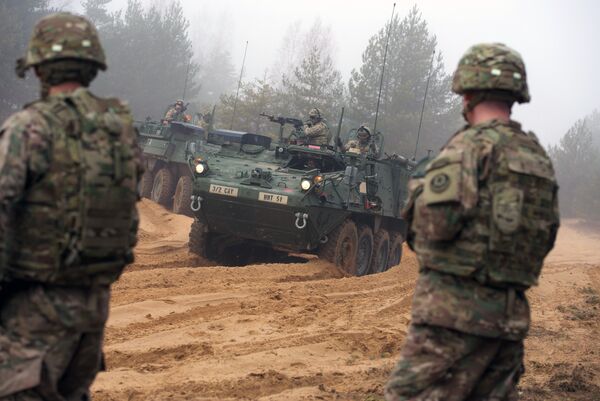
The bloc's muscle flexing and aggressive rhetoric "greatly reduce European security and the chances for a revival of constructive dialogue between Russia and NATO, something Russia has been calling for so many years. Instead, the bloc is doing its best to provoke an arms race with unpredictable results," Peter Korzun, an expert on wars and conflicts, wrote for the Strategic Culture Foundation.
Ermakov also said that the United States wants to increase its presence in the Black Sea region to counter Russia. "Americans can no longer count on Turkey due to the failed coup attempt. Ankara has become a complicated partner. [Washington] is instead focusing on Bulgaria and Romania," he said.
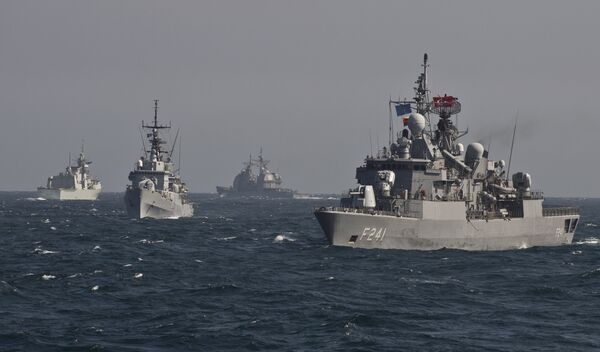
Ermakov further said that Washington also wants to counter Russia in Central Asia and the Asia-Pacific region.

